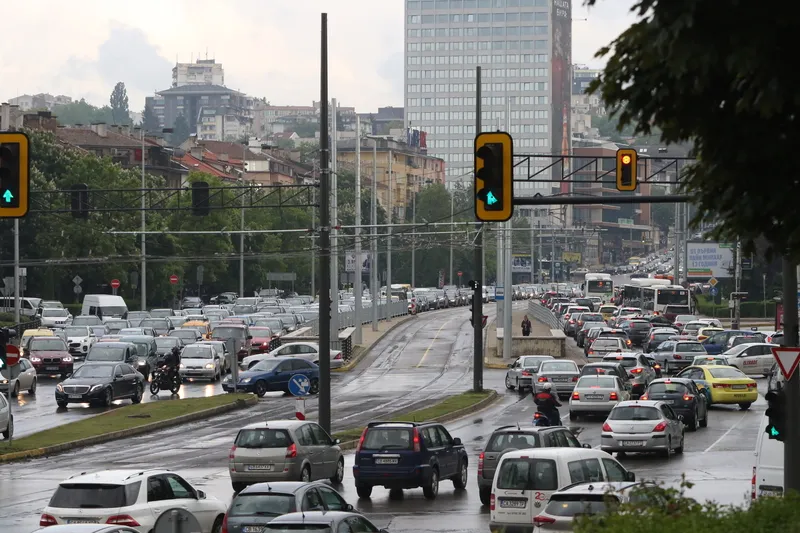China’s fast growing vehicle population is posing major challenges for traffic management, especially in major urban areas. Traffic congestion is already a serious problem in the capital Beijing and other major cities; Shanghai, Guangzhou, Shenzen, Tianjin, Dongugan, Hangzhou and Chengdu. Official data from China’s Ministry of Public Security shows that in the first half of 2017, 9.38 million new cars were registered, bringing the total car population to 205 million.
By the end of June 2017, China had 328 million car drivers, according to the Ministry of Public Security’s traffic management bureau. Meanwhile China now has a total of 304 million registered motor vehicles and 371 million motor vehicle drivers, as of the end of June 2017.
The data from the traffic management bureau shows that 49 Chinese cities have more than one million cars in use. Meanwhile 23 Chinese cities have over two million cars in use. The problem is particularly acute in Beijing, Chengdu, Chongqing, Shanghai, Shenzhen and Suzhou, which each have over 3 million cars in use.
In all, China has 168 million small cars on its roads, while there are 22.7 million trucks in use. The provinces of Guangdong, Henan, Jiangsu, Shandong, Sichuan and Zhejiang all have in excess of 20 million cars on their respective road networks.
China’s fast growing vehicle population will see further congestion
China’s fast growing vehicle population is posing major challenges for traffic management, especially in major urban areas. Traffic congestion is already a serious problem in the capital Beijing and other major cities; Shanghai, Guangzhou, Shenzen, Tianjin, Dongugan, Hangzhou and Chengdu.
July 13, 2017
Read time: 2 mins






